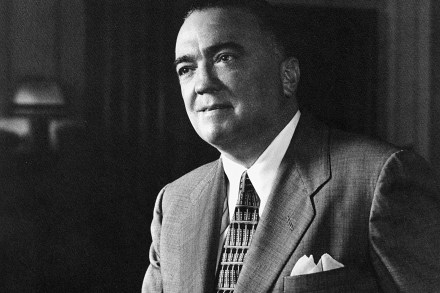Across the literary pages: language games
Noam Chomsky versus Daniel Everett, it is a literary spat with a difference: they specialise in language. Chomsky is the high priest of modern linguistics, progenitor of ‘universal grammar’. Everett has spent 30 years among remote Amazonian tribes and concludes that language is learned. He says that it is unique to a specific culture, which means that human cultures may be totally unknown to each other. There is a Wauvian flavour to Everett’s experience. He sailed up the Amazon both as an anthropologist in search of subjects and as a missionary in search of converts. He lived among the Pirahã and slowly learned their language. But he did not learn






